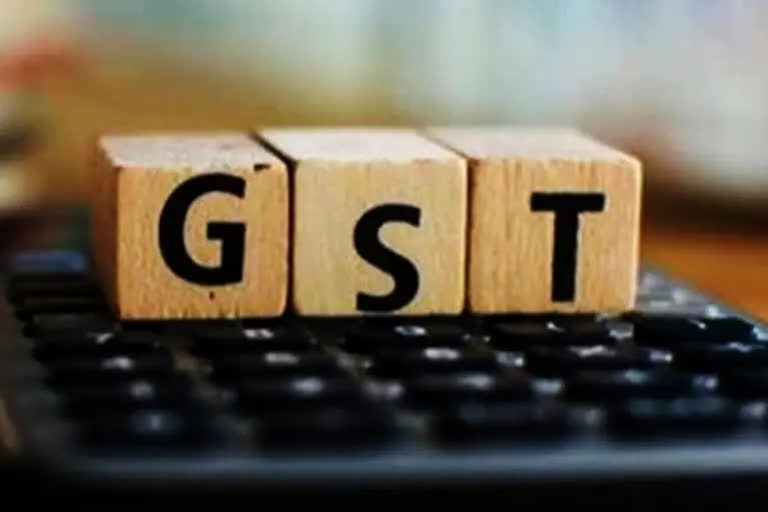New Delhi: With most states on board to raise revenue so that they do not have to depend on Centre for compensation, the GST Council at its meeting next month is likely to consider a proposal to do away with the 5 per cent slab by moving some goods of mass consumption to 3 per cent and the remaining to 8 per cent categories, sources said. Currently, GST is a four-tier structure of 5, 12, 18 and 28 per cent. Besides, gold and gold jewellery attract 3 per cent tax.
In addition, there is an exempt list of items like unbranded and unpacked food items which do not attract the levy. Sources said in order to augment revenue the Council may decide to prune the list of exempt items by moving some of the non-food items to 3 per cent slab. Sources said that discussions are on to raise the 5 per cent slab to either 7 or 8 or 9 per cent, a final call will be taken by the GST Council which comprises finance ministers of both Centre and states. As per calculations, every 1 per cent increase in the 5 per cent slab, which mainly includes packaged food items, would roughly yield an additional revenue of Rs 50,000 crore annually.
Although various options are under consideration, the Council is likely to settle for an 8 per cent GST (Goods and Services Tax) for most items that currently attract 5 per cent levy. Under GST, essential items are either exempted or taxed at the lowest rate while luxury and demerit items attract the highest tax. Luxury and sin goods also attract cess on top of the highest 28 per cent slab. This cess collection is used to compensate states for the revenue loss due to GST roll out. With the GST compensation regime coming to an end in June, it is imperative that states become self-sufficient and not depend on the Centre for bridging the revenue gap in GST collection.
